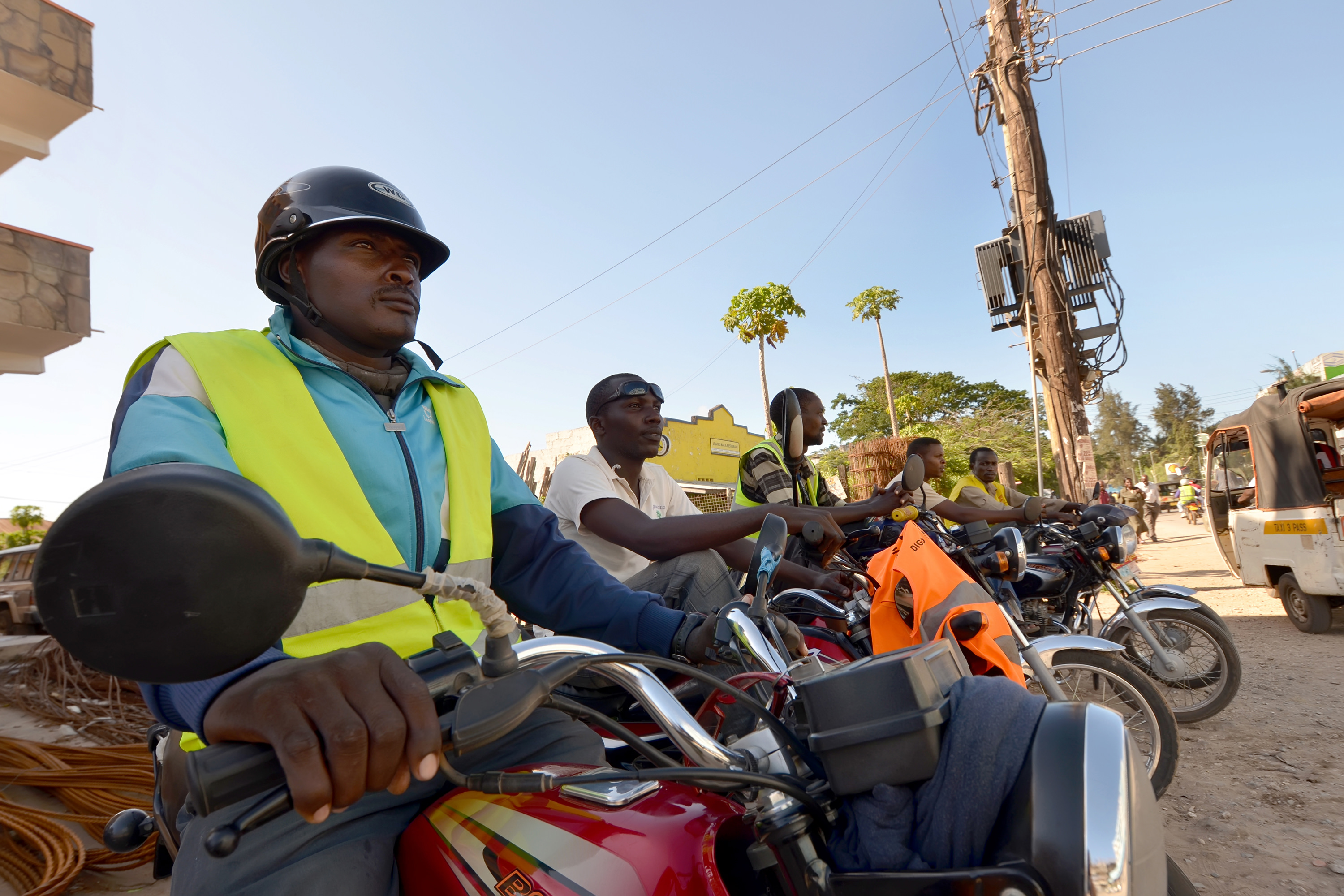Covid-19 is already having widespread consequences in Nairobi, Kenya including the loss of earnings and starvation. Anecdotal evidence suggests that there is considerable heterogeneity. For example, vendors who can still sell essential goods have been less impacted, while some others have completely lost their earnings. Women have fared disproportionately worse, with higher incidences of job loss, skipped meals, and increased household work. Understanding changes in income is hard to capture in quick survey-based data collection efforts, which are necessary to help inform timely policy responses. Even without a global crisis, it is difficult to track earnings in settings where informal work prevails. To overcome this challenge, the researchers propose a study that will track a novel and important measure, the value of time, during the curfew period, and across time as restrictions relax. This measure, which will be collected daily through behavioral sensing methods, will capture changes in opportunity cost within and across people and in doing so, will reveal respondents’ economic situations and well-being across time. Specifically, they have developed an incentive-compatible measure of the value of time that adheres to a higher standard set in economics research of observing actual economic decisions rather than relying on self-reported behavior. Respondents are offered a daily phone-based task at randomized times of day, for a randomized task duration (between 1 and 30 minutes) and pay (between 10 and 100 KSH). Through their acceptance or rejection of these tasks, they are able to assess their value of time at different points in time. This method does not rely on recall data or hypothetical tradeoffs. It is also not bound to outside wages as a reference point or proxy.
The project has piloted this instrument on a sample of 500 individuals from the same region and has observed several meaningful patterns indicating that our measure successfully captures higher (lower) levels of slack/idle time which is measured as the low (high) value of time. For example, women have a higher value of time than men at most hours of the day (contrary to what value of time inferred from labor market wages would suggest in these settings) and this difference is especially large in the evening hours, corresponding to greater housework load at these hours on women. They even capture the impact of events (similar to a curfew scenario): for example, the national election period is marked by the significantly lower value of time across the board and especially for women. This can be explained by an uptick in protests and violence which often disrupts work and makes it unsafe for women, especially, to be outside, leading to an increase in idle periods or lower productivity.
In the current scenario, they can use this measure to track how respondent’s economic situations evolve as the curfew restrictions change and economic opportunities increase, with a special focus on identifying those who are trapped in unemployment or underemployment (which will be marked by the persistently low value of time during and post-curfew in contrast to an upward trend among counterparts). The project’s objective is to provide information that can be used to target aid and welfare or employment support to those who are stuck in an unemployment or underemployment trap as a result of coronavirus disruptions.
The sample will consist of 700 residents of Kibera, the largest slum in Nairobi, and it will be representative of the setting in terms of gender, pre-curfew work hours, and having a child. Each IVR value of time task will be followed by a short SMS-based time use survey. By pairing daily value of time and time use data, they can observe for example, how the value of time spent in work and non-work activities (such as time spent resting or with family) changes across time. Through this, they will be able to observe changes in employment levels and general quality of life. The daily IVR and SMS surveys will also be supplemented by weekly IVR phone-based surveys on job search activities, earnings, and health status of households. The project will collect data in real-time allowing us to produce quick preliminary insight for policymakers.
